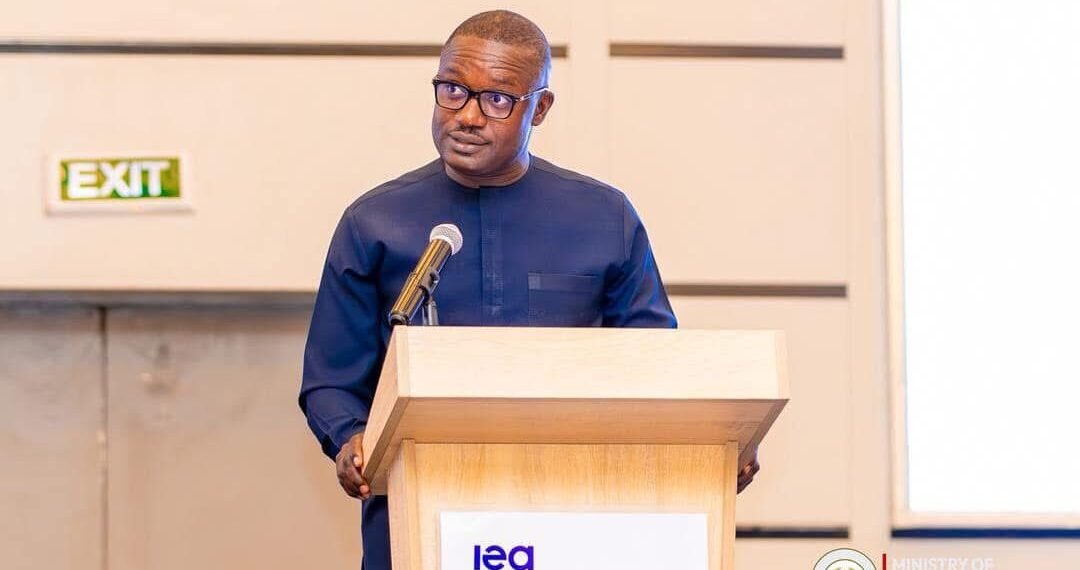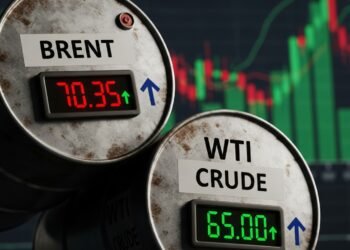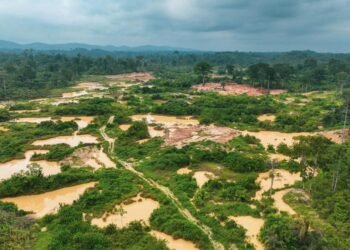Hon. John Abdulai Jinapor, the Minister responsible for Energy and Green Transition has showcased the country’s remarkable progress in the energy efficiency space.
The Minister delivered a welcome and opening address during the International Energy Agency (IEA)’s Africa Energy Efficiency Policy Training Week, hosted in Accra, and highlighted Ghana’s transformative initiatives and the collaborative efforts that have driven these achievements.
“I took the opportunity to highlight Ghana’s progress in energy efficiency from our appliance standards and clean cooking initiatives to our broader Energy Transition Strategy, which places efficiency at the heart of our efforts toward a cleaner, more resilient future.”
Hon. John Jinapor, Energy Minister
In his address, Hon. Jinapor highlighted several key milestones that demonstrate Ghana’s commitment to energy efficiency and its impact on the country’s economic, environmental, and social well-being.
These strides include savings of 400 GWh through efficient refrigeration, a 124 MW peak load reduction from efficient lighting, 47.9% of households now using LPG, and 1.6 million tonnes of firewood saved annually through improved cookstoves.
The Minister emphasized that these achievements are part of Ghana’s broader Energy Transition Strategy, which places energy efficiency at the heart of the country’s efforts towards a cleaner and more resilient future. ““These milestones show that targeted energy efficiency policies can deliver lasting economic, environmental, and social benefits,” John Jinapor added.
Ghana’s Energy Sector
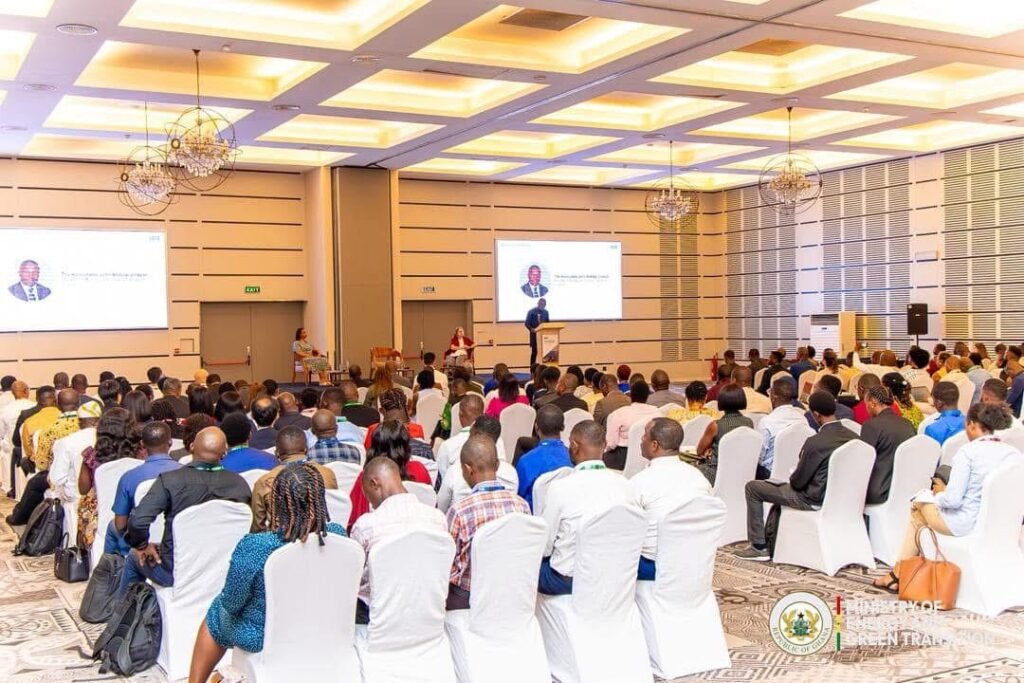
Ghana’s energy sector has faced various challenges over the years, including infrastructure deficiencies, high demand, gross corruption the need for diversification, renewable energy integration and the long-staggering “dumsor”.
However, the Ministry of Energy and its agencies upon assuming office, have been proactive in addressing these issues and driving sustainable transformation.
The minister in overcoming these sector challenges, has also employed several measures including the strict monitoring of his angecies.
Over the few days, the minister scaled out working visits to most of the sector agencies including the Tema Oil Refinery (TOR), the Electricity Company of Ghana (ECG), the National Petroleum Authority (NPA), among others.
The minister during his visits, commended the respective agencies for the strides made and also issued clear warming to the staff of these agencies over malfeasance.
These underscores the ministry’s unwavering commitment to ensuring energy efficiency.
Energy Efficiency and Initiatives
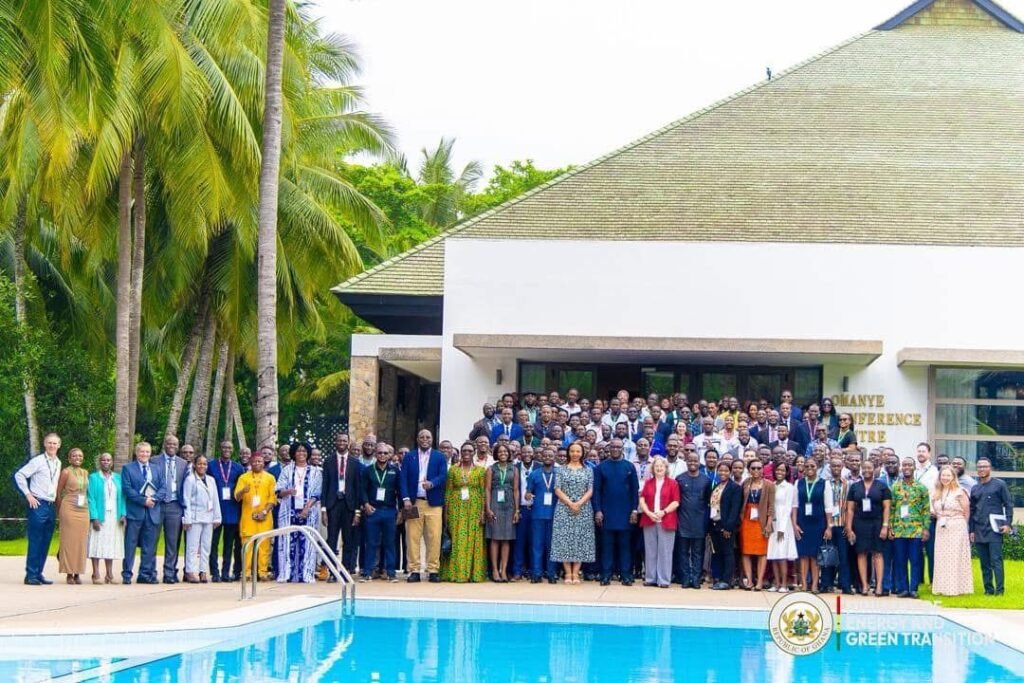
The Minister also expressed gratitude to the International Energy Agency (IEA), the host of the program, the African Development Bank (AfDB), and other development partners for their continued collaboration in strengthening the capacity of Africa to build sustainable energy systems.
“Together, we are strengthening the capacity of Africa to build sustainable energy systems that work for our people and our planet.”
Hon. John Jinapor, Energy Minister
This signifies the importance of international cooperation in driving the energy efficiency agenda.
One of the key focus areas highlighted by the Minister was Ghana’s progress in appliance standards and clean cooking initiatives.
The Minister noted that these targeted policies have been instrumental in achieving significant energy savings and improving the lives of Ghanaians.
The Minister’s remarks further emphasized that Ghana’s energy efficiency achievements are part of a broader Energy Transition Strategy, which aims to create a cleaner, more resilient, and sustainable energy future for the country.
This holistic approach encompasses not only energy efficiency but also the integration of renewable energy sources and the modernization of the energy infrastructure.
The Minister’s appreciation for the IEA, AfDB, and other development partners underscores the importance of international collaboration in driving the energy efficiency agenda in Africa. By sharing knowledge, best practices, and resources, these partnerships have enabled Ghana to strengthen its capacity and implement successful energy efficiency policies.
Economic, Environmental, and Social Benefits
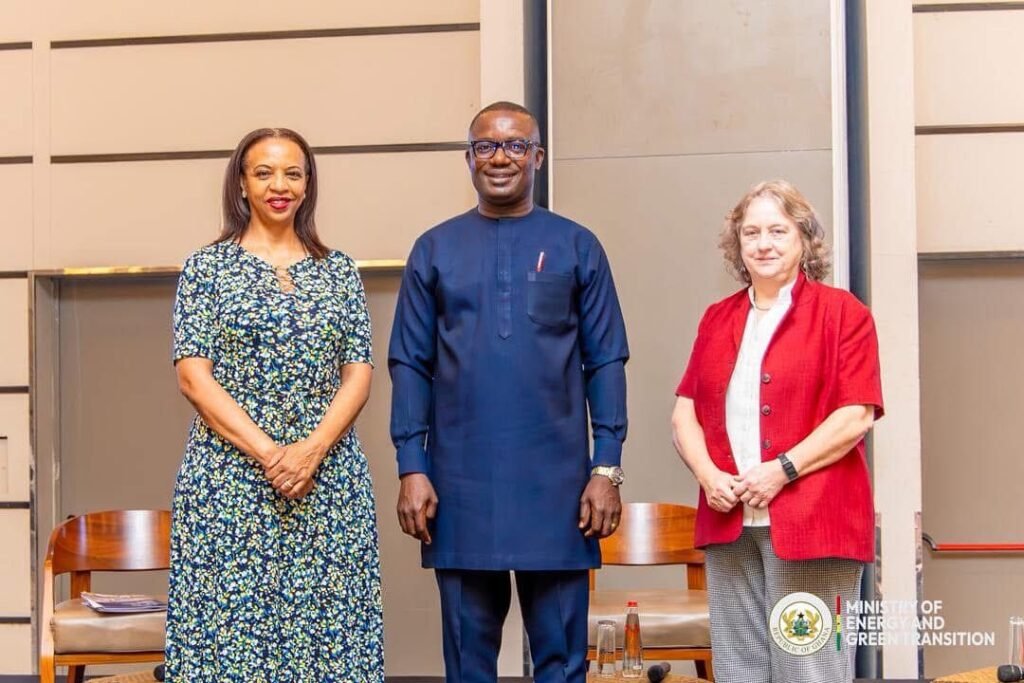
The Minister’s highlight of the tangible impacts of Ghana’s energy efficiency initiatives, such as the savings in electricity consumption, reduced peak demand, and the transition to cleaner cooking fuels, demonstrates the far-reaching benefits of these policies.
By prioritizing energy efficiency, the country has been able to achieve not only economic gains but also significant environmental and social improvements.
The Minister’s address at the IEA Africa Energy Efficiency Policy Training Week showcases Ghana’s leadership in the energy efficiency space and its commitment to creating a sustainable energy future for the country.
By sharing its successes and lessons learned, Ghana aims to inspire and empower other African nations to adopt similar strategies and drive the energy transition on the continent.
As the Ministry of Energy and Green Transition continues to implement its Energy Transition Strategy, the collaborative approach and the focus on energy efficiency will be instrumental in ensuring that Ghana’s energy system is resilient, clean, and responsive to the needs of its people and the environment.
READ ALSO: Services Sector Dominates Ghana’s 4.5% Economic Growth Amid Industrial Slowdown

